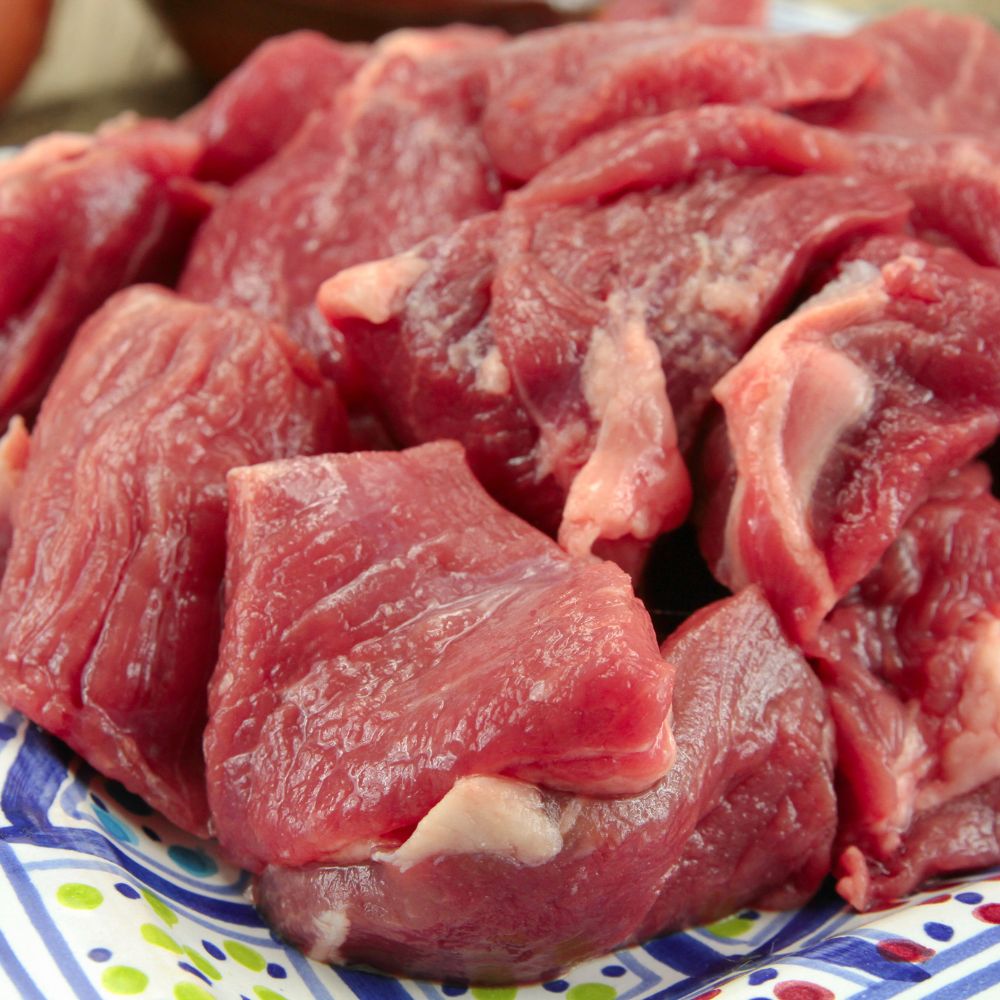In recent years, there has been a growing interest in the health aspects of halal meat, with many individuals seeking to understand its nutritional benefits. Halal meat, prepared according to Islamic dietary laws, not only holds cultural and religious significance but also offers several nutritional advantages that contribute to overall well-being. Let’s delve into the nutritional aspects of halal meat and explore its potential health benefits.
A Balanced Source of Protein: Vital for Growth and Repair
Protein serves as a fundamental building block for the body, playing a crucial role in muscle growth, tissue repair, and overall cellular function. Halal meat, whether it be from beef, chicken, lamb, or other sources, is a rich source of high-quality protein. Unlike processed meats, which may contain additives and preservatives, halal meat typically undergoes minimal processing, preserving its natural nutritional integrity.
The protein content in halal meat provides essential amino acids that the body cannot produce on its own, making it a complete and balanced source of protein. Incorporating halal meat into your diet can help support muscle development, improve satiety levels, and promote overall health and vitality.
A Nutrient-Dense Option: Packed with Essential Vitamins and Minerals
In addition to protein, halal meat is also packed with essential vitamins and minerals that are vital for maintaining optimal health. For example, lean cuts of halal beef and lamb are rich in iron, a nutrient necessary for transporting oxygen throughout the body and preventing iron deficiency anemia. Similarly, halal poultry, such as chicken and turkey, provides an excellent source of vitamins B6 and B12, which play key roles in energy metabolism and neurological function.
Furthermore, halal meat is a natural source of important minerals such as zinc, selenium, and phosphorus, which support immune function, promote bone health, and aid in cellular repair and growth. By incorporating a variety of halal meats into your diet, you can ensure that your body receives the essential nutrients it needs to thrive.
A Healthier Choice: Minimally Processed and Free from Harmful Additives
One of the distinguishing factors of halal meat is its preparation method, which emphasizes cleanliness, hygiene, and humane treatment of animals. Unlike conventional meat production methods, which may involve the use of antibiotics, hormones, and other synthetic additives, halal meat is prepared according to strict guidelines that prioritize animal welfare and food safety.
As a result, halal meat is often perceived as a healthier choice, free from potentially harmful substances that can negatively impact human health. By opting for halal meat, consumers can enjoy the peace of mind that comes with knowing their food has been produced in accordance with ethical and sustainable practices, ensuring both nutritional quality and food safety.
The health aspects of halal meat extend beyond its cultural and religious significance, offering a range of nutritional benefits that contribute to overall well-being. From its role as a balanced source of protein to its abundance of essential vitamins and minerals, halal meat provides a nutritious and wholesome option for individuals seeking to prioritize their health. By incorporating halal meat into your diet, you can enjoy delicious meals while supporting your body’s nutritional needs.
Learn More
Sourcing Halal Meat: How Supermarkets Ensure Quality and Compliance
Cooking with Halal Meat: Delicious Recipes for Every Occasion

